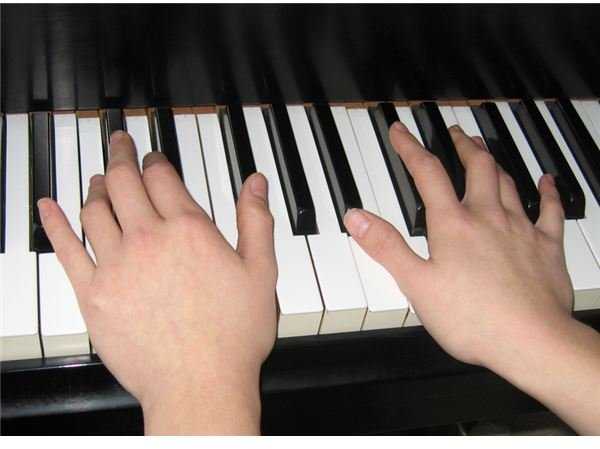Do I Need a PhD to Become a Professor of Music?
Introduction
Whether you are interested music or already teaching music classes, you may be thinking about advancing your career. If you are, you are on the right career track. According to the U.S. Bureau of Labor Statistics (BLS), the need for postsecondary teachers is expected to increase 15 percent from 2008 to 2018—much faster than average for all occupations. The big question is how much education you need to transition from your current career to a professor of music.
Do I Need a PhD to Become a Professor of Music?
Do you need a PhD to become a professor of music? Yes, if you want your career to advance or have a competitive edge in the music teaching field, you need a PhD to become a music professor. Granted, there are music professors who have master’s degree in music and there are some colleges that hire music professors with only master’s degrees. Nevertheless, there are some big differences in the courses you will be able teach. Music professors with only master’s degree typically teach introductory music courses. Yes, that’s right. If you have a master’s degree in music, the advanced music courses are off limits. Those are reserved for professors with a PhD.
However, a majority of universities and colleges require music professors to have PhDs in music before they can teach. In other words, universities and colleges won’t hire you if you don’t have a PhD in music. So, it is best if you obtain a PhD in music to become a professor in music.
There are Benefits to Obtaining a PhD in Music
If you have a PhD in music, you will have the opportunity to become obtain tenure. Tenure typically takes seven years. However, the benefits are worth the hard work. Tenured professors are protected against being fired. In other words, tenure is financial security for music professors—or any professors.
Become an Expert in Music
With a PhD in music, you will become an expert in your area of music. For instance, you will research, write and publish books and articles in magazine and trade journals. As a music professor, you will be able to teach the course you are an expert in—with the approval of the music department.
Music Professors Do More Than Just Teach
As a music professor, you will teach a variety of courses such as music theory, music arranging, vocal performance or a course you create. Other responsibilities include creating lesson plans. In addition, you will teach more than one course a quarter or semester. Also, you are responsible for participating or conducting music programs outside class. For instance, you may supervise a music program where a special music guest performs and answers questions about their career. As a music professor, you work various hours according to your class schedules and office hours.
References
Photo Credit: Morgue File by sssh221
U.S. Bureau of Labor Statistics: Occupational Outlook Handbook, 2010-11 Edition: Teacher–Postsecondary
